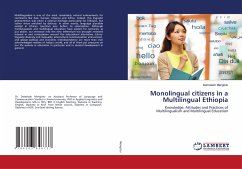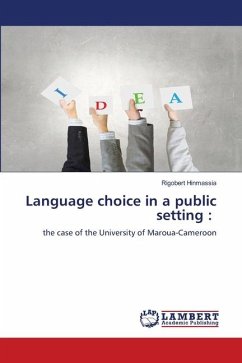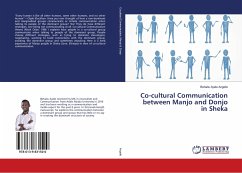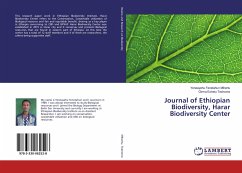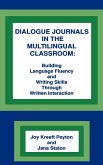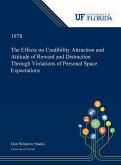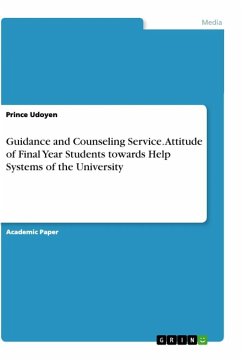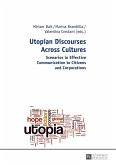Multilingualism is one of the most remarkably natural endowments for continents like Asia, Europe, America and Africa. Indeed, this linguistic phenomenon was never a colonial heritage particularly for Ethiopia, but rather virtue enriched by defacto. In other words, language pluralism existed in African countries ever before its colonization. Although multilingualism and multilingual education have existed for centuries, as put above, our entrance into the new millennium has brought renewed interest in and contestation around this educational alternative. Ethno-linguistic diversity and inequality, intercultural communication and contact, and global political and economic interdependence are more than ever acknowledged realities of today's world, and all of them put pressures on our life systems in education in particular and in societal development in general.
Bitte wählen Sie Ihr Anliegen aus.
Rechnungen
Retourenschein anfordern
Bestellstatus
Storno

